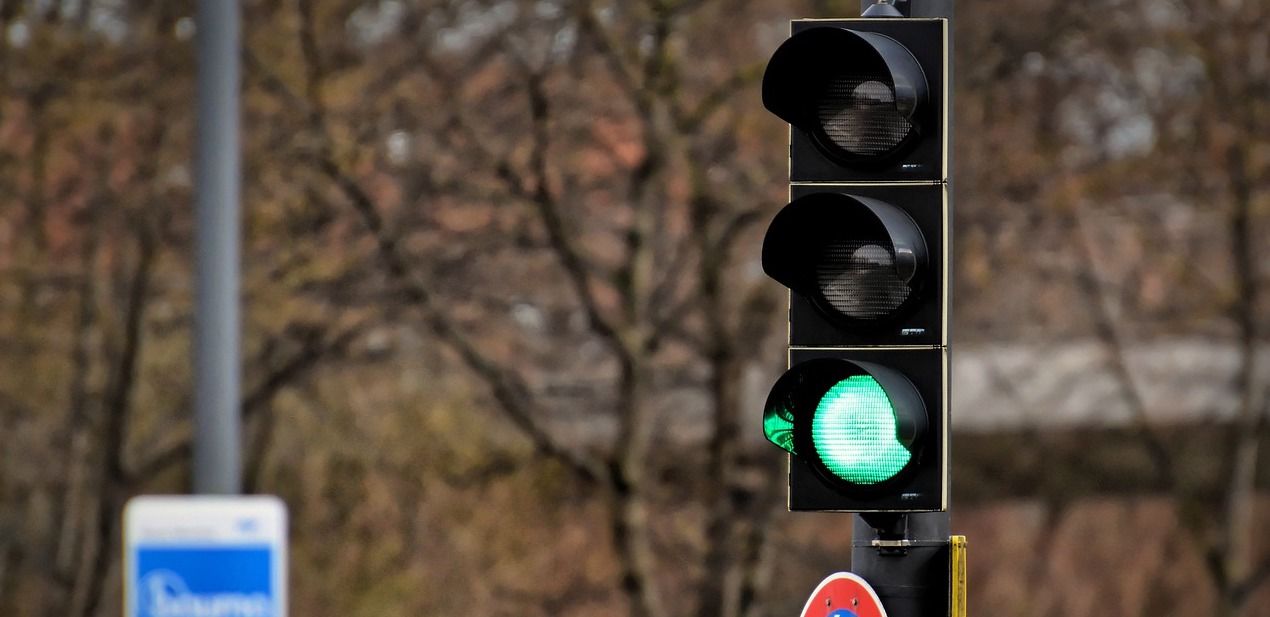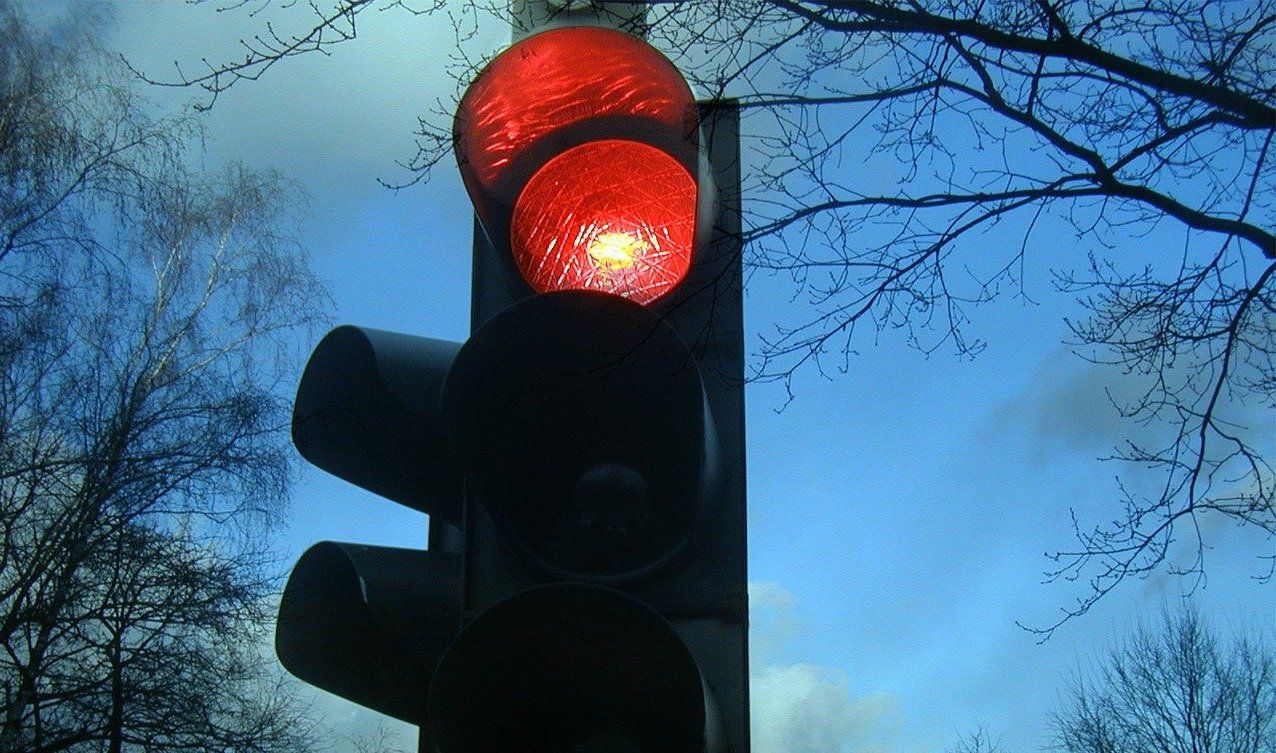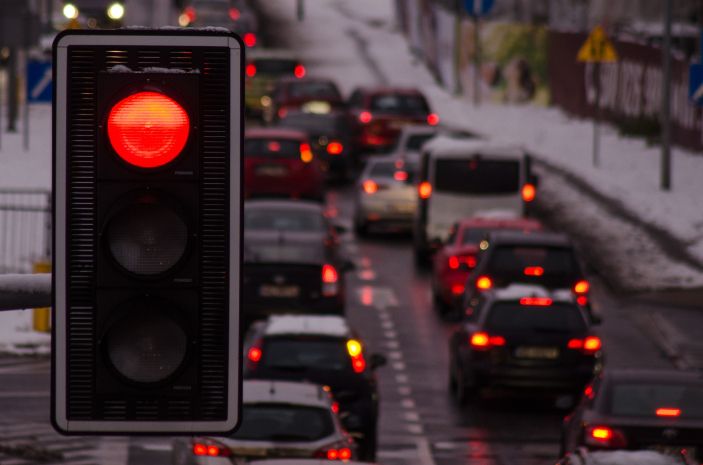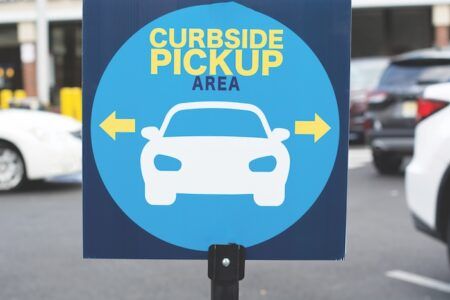In England, 39 councils have been awarded a share of £15m (US$21m) additional funding to upgrade and repair traffic signals. Upgrades will make traffic flow better, and therefore reduce air pollution and congestion.
The extra money from the Department for Transport (DfT) is part of this year’s Highway Maintenance settlement for English local authorities outside of London, and will be spent on supplementing existing local authority spending on the upgrade and maintenance of traffic signals and associated equipment.
It has been revealed that 21 authorities received £500,000 (US$692,000) each with 18 councils getting £250,000 (US$346,000) each. The funding will be used to support programmes of work to March 2022.
All 121 English local authorities outside London were invited to register interest in the additional money, and more than 100 of them did so. To qualify, councils were asked to provide evidence of their current traffic signal maintenance policies and practices. They were also required to detail their strategies and preparedness for future technology opportunities, along with any specific issues around maintenance needs and priorities.

The application process was overseen for the DfT by the Transport Technology Forum (TTF) and managed by the Local Council Roads Innovation Group (LCRIG).
“This exercise has put a spotlight on the challenge many authorities face to maintain and update the traffic control systems they’ve invested in over the years,” says Steve Gooding, Transport Technology Forum chair. “It is hugely welcome that the Department for Transport has recognized the value to be gained from providing the funds needed to get them back up to scratch. Whilst the TTF is naturally interested in emerging ideas, we are also concerned not to lose the benefits from existing systems for a lack of day-to-day funding, which can all too easily be overlooked. Ideally we’d see this central support from DfT become a standard element of the highway maintenance funding system.”
TTF research discovered there are traffic signals with faulty detectors, configuration and equipment, which means systems are not working optimally and therefore full benefits are not being enjoyed. It is It estimated that delay savings of between 10–20% are delivered by efficient use of technologies that monitor traffic levels and alter signal timings accordingly. This means faster journeys, less congestion and better support for active travel, which means better air quality and much less driver stress.

The latest traffic signal technology improves efficiency of the road network for all road users, providing better provision for pedestrians, cyclists and vulnerable road users as well as motor vehicles. This helps deliver key transport targets around active travel and air quality initiatives. It also provides a sound foundation for connected and future automated vehicles linking to signals.
“It will be fantastic to see the results of this important initiative brought to life now that the funding has been awarded,” adds Will Britain, president of LCRIG. “Ongoing maintenance of traffic signals is vital as councils strive to improve road safety, decarbonize and reduce collisions and hazards. This funding will go a long way to helping them make progress in these areas.”
The full list of winners can be found here.





